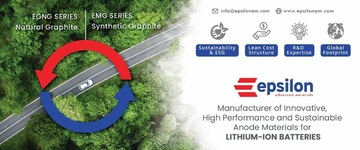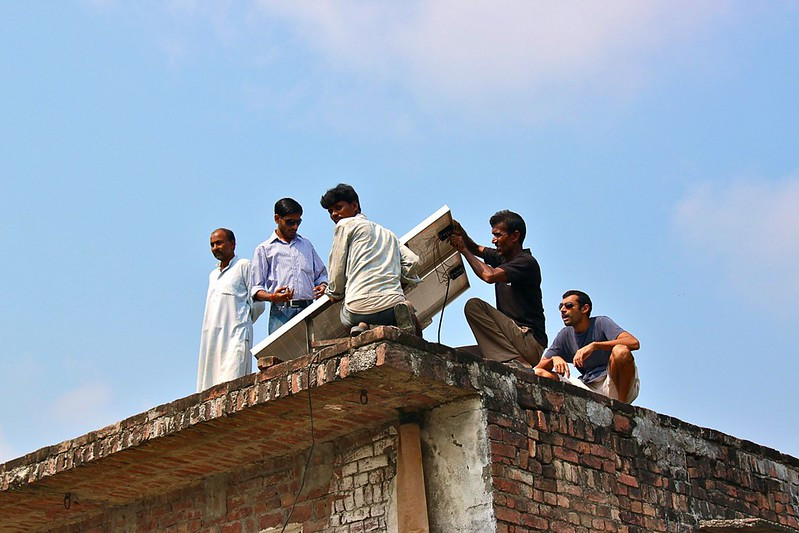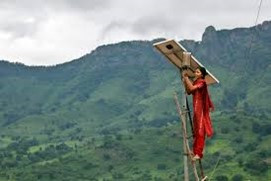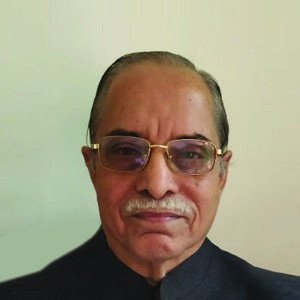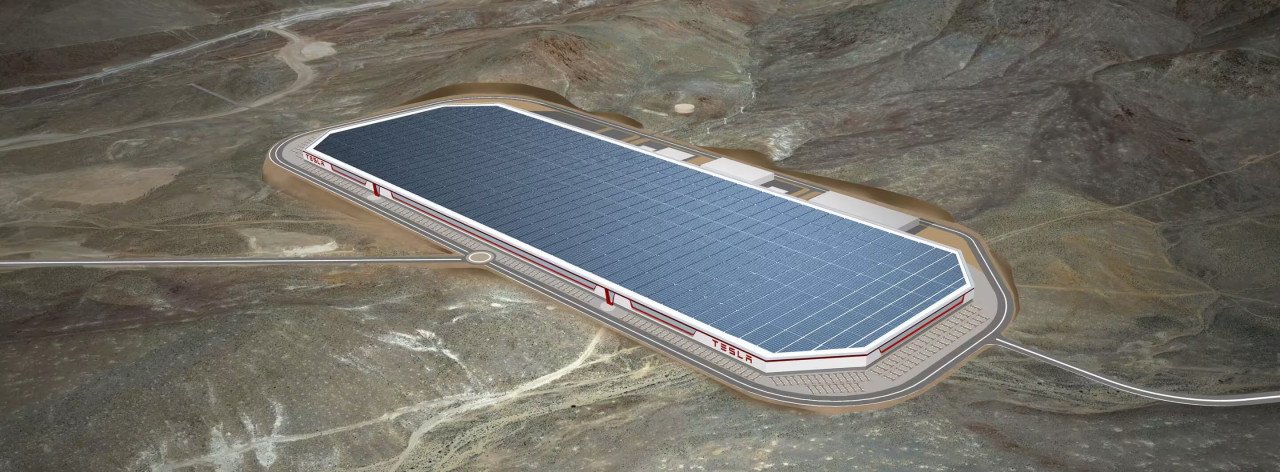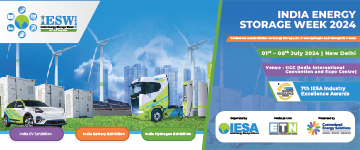Affordable & reliable energy through minigrids & storage
At the 5th World Energy Storage Day – Global Conference & Expo held in September, experts discussed the need for energy access as a prerequisite to development, various dimension of extending energy accessibility, and the technical challenges and opportunities in the minigrid sector. Nitin Akhade, Consultant - Rural Electrification & Livelihoods, Emerging Technologies & Markets, CES, presents a recap of some of the issues that were examined.
The global electrification rate has reached 89 percent, however, there are still around 840 million people lacking access to clean and reliable electrical energy (World Bank and others 2019).
Reaching the unreached in far-flung areas requires strong policies, increased private financing, and comprehensive electrification planning. Along with the above dimensions, sustainable energy for the last mile requires robust energy generation and storage technologies.
Therefore, during the 5th World Energy Storage Day 2021 – Global Conference & Expo, a workshop detailing the technical challenges and opportunities in the minigrid sector was conducted. The experts deliberated on the promising technology they foresee for the sector and how energy storage should be following the 3A principle of Affordability, Adoption, and Accessibility.
The workshop discussed how energy storage technology and sizing have a strong impact on the levelized cost of energy (LCOE) and carbon footprint. Also discussed was how energy storage optimum utilization requires specific technical skills sets and know-how. Sizing must be done mainly according to the load curve during the night. This might bring forth high storage capacities and PVs, and high capital expenditures as explained by the experts during the workshop.
One of the suggestions during the conference was using hybrid minigrids with gensets so that 10 percent of thermal energy may bring up to 40-45 percent of capacity and CAPEX decrease. Some of the key issues that need to be addressed during the selection of technology are energy density, footprint, air conditioning (compulsory for lithium-ion technology), and deployment of a firefighting system. Also, the integration of Li-ion batteries with battery management systems is evolving and proper compatibility is required for the smooth functioning of the system.
Another key observation is to ensure that the value of the charging current is such that it must respect maximum values indicated by the supplier to avoid degradation of the batteries. Also, the temperature has a direct impact on the life duration of batteries and requires appropriate ventilation. An important challenge in the operation of energy storage technologies is to be able to know the real state of charge of the battery. Not only does it depend upon the voltage image of the battery, but also on several parameters like temperature, charging, and discharging current, which can induce errors day by day.
Another interesting area of discussion was lead-acid battery revival. In India, most minigrids are still operating with lead-acid technology. However, in about 3-4 years lifespan, the performance of the battery technology degrades. To help the minigrid developers, one of the experts have developed a standard operating procedure that has to be done periodically every 2-3 months so that, sulphation — the main reason for battery degradation -- does not take place and the performance of the battery increases by another 2-3 years.
Finally, the workshop touched upon the role of minigrids and off-grid renewable energy systems for fast-tracking developmental goals. The presentation focused on the role of energy in the development of social capital. Renewable energy technologies along with storage solutions, experts highlighted, are helping local communities to avail clean and reliable energy with minimum impact on the environment.
It was stressed upon that to succeed in reducing poverty or enhancing per capita income of poor communities, energy will play a critical role and hence renewable energy backed with the right storage solution will bring many out of energy poverty and enhance their standard of living thereby ensuring a better quality of life in terms improved access to education, livelihoods activities, and healthcare facilities.
Experts panelist at the workshop were: Claudio Pedretti, CEO - Green Climate Ventures & President of Alliance for Rural Electrification (ARE),Yoann Le Fol - Victron Energy BV, Manoj Sinha, Founder & CEO - Husk Power Systems, Nitin Akhade, Consultant - Customized Energy Solutions India, Benjamin Dumond, Head of Operation and Technical - ENGIE PowerCorner, Dr. Imre Gyuk, Director of Energy Storage Research in the Office of Electricity – DOE USA.

